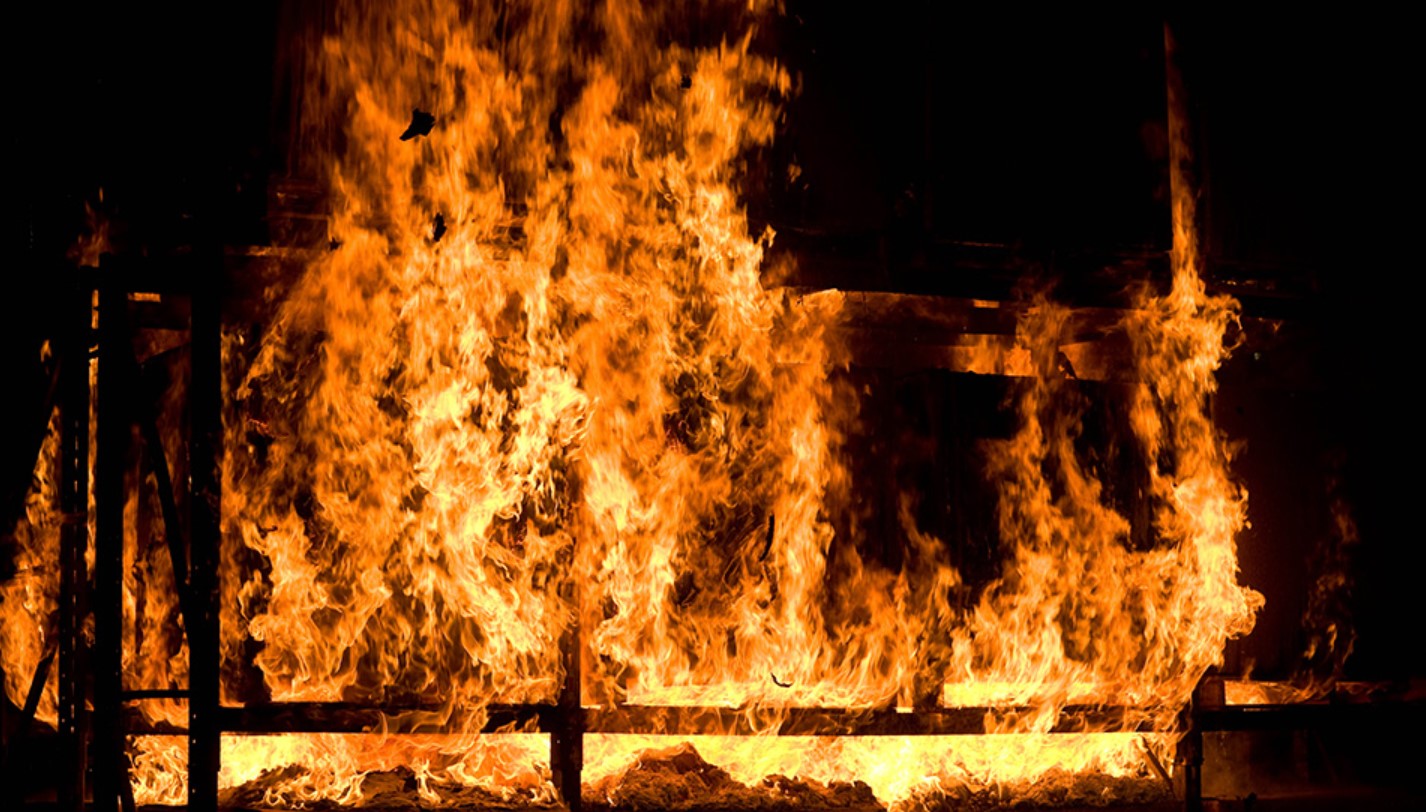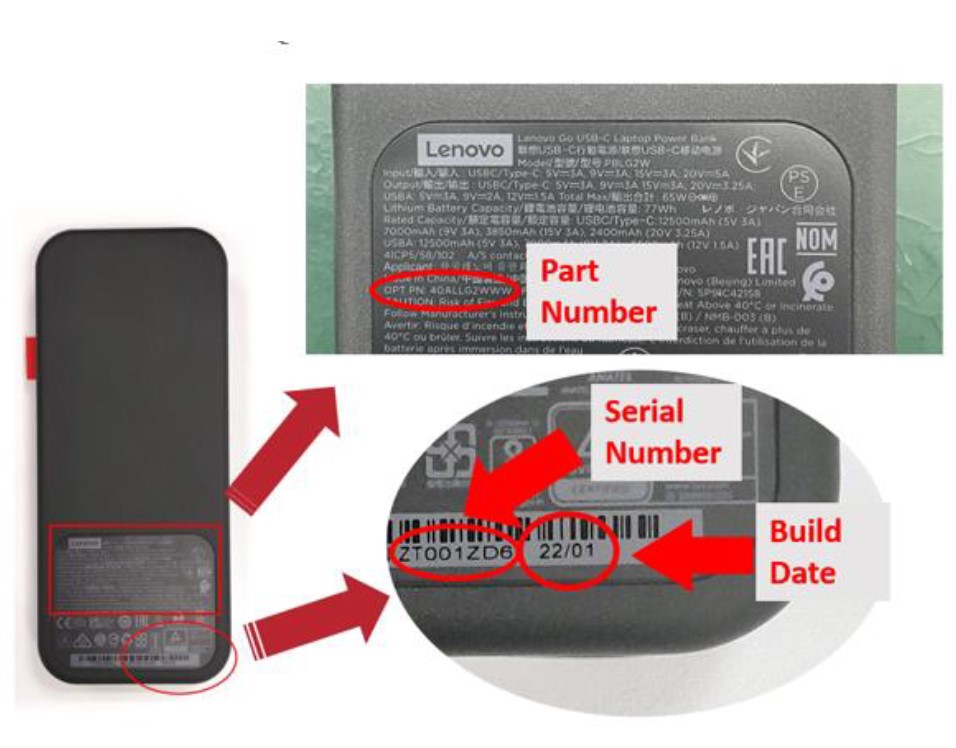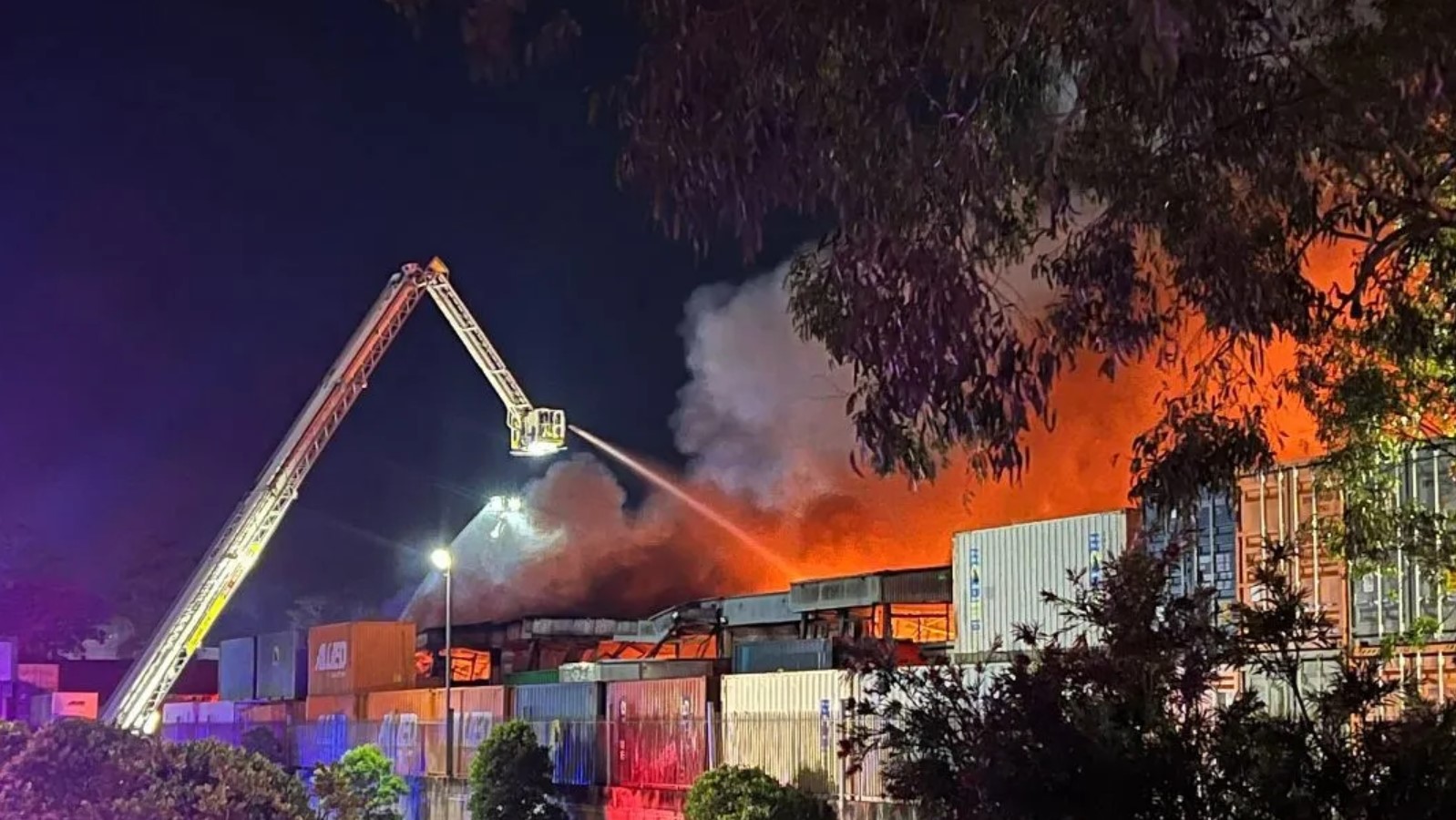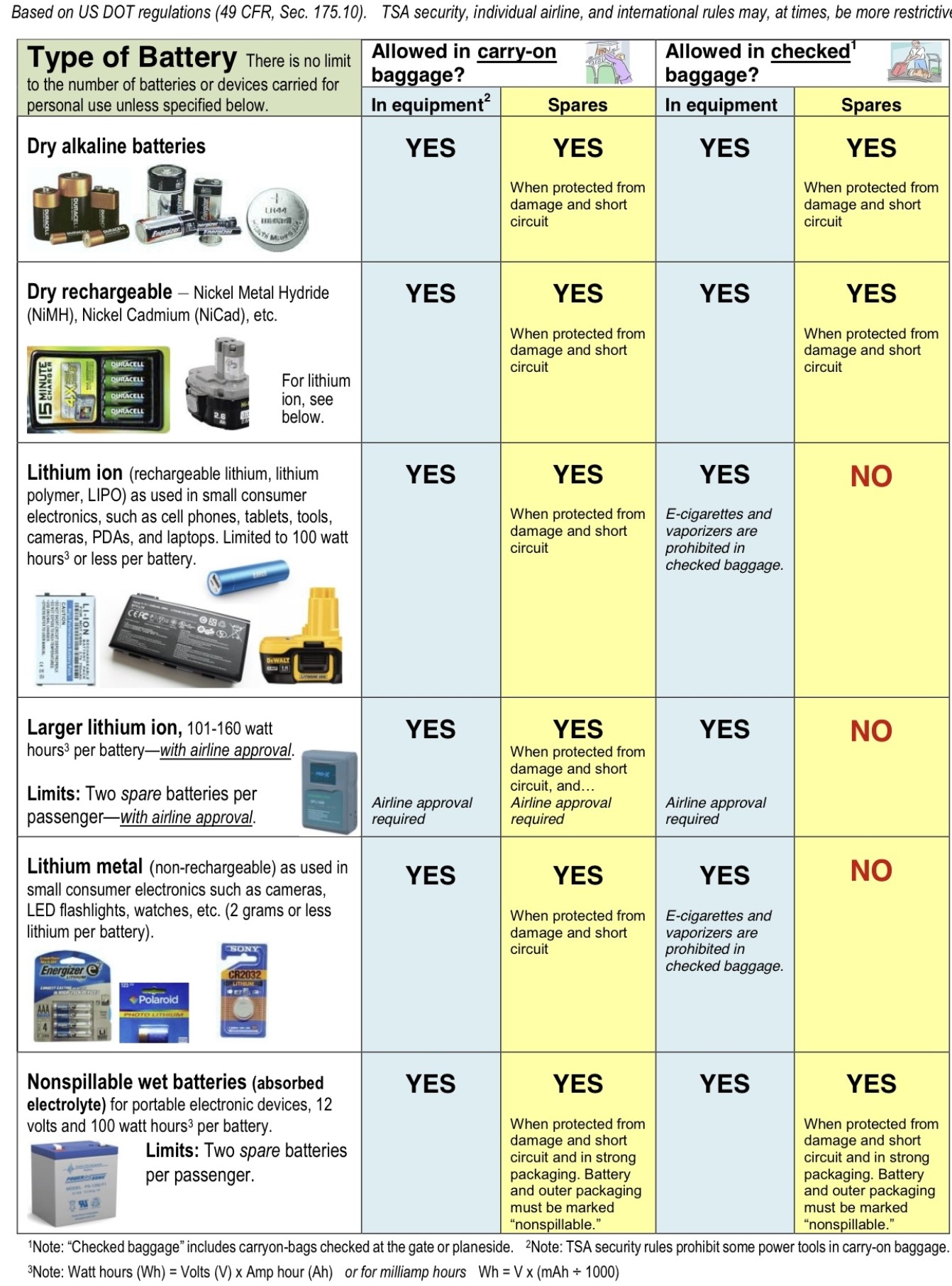Large Lithium-Ion battery fires are a risk too far

Large Lithium-ion battery fires – classified as those with 100-watt hours (Wh) or more – happen at least daily Australia-wide. The thermal runaway damage is total and can be deadly.
To put ‘large’ in perspective, a 20,000mAh USB-C power bank is about 100Wh capacity. It is the maximum size with global Transport Security Administration (TSA) approval for aircraft cabin luggage.
See Recall: Lenovo USB-C 20,000mAh powerbank

Lithium-ion battery-powered device importers would have you believe their largely self-serving statements that the cause is mainly due to using unauthorised third-party chargers, cheap batteries, or low-cost battery management systems. Yes, these contribute, but the fact is that well-known brands are just as susceptible to thermal runaway as generic brands.
Why? It is an irrefutable fact that lithium-ion chemistry is highly toxic and inherently unstable unless adequately cared for. Once a thermal runaway fire starts, destruction is total as water or traditional means cannot easily extinguish it.
The latest fire – predictably at an e-bike assembly, repair, and sales workshop in suburban Sydney
At around 5 AM on 5 January, Croydon residents heard loud explosive popping noises. They saw thick toxic smoke billowing from a workshop positioned perilously close to a neighbouring petrol station and suburban shopping strip.
It took over 60 firefighters and 15 fire trucks to prevent the fire from spreading to the petrol station and shops. The heritage-listed workshop and hundreds of e-bikes had total destruction.

The owners claim that no batteries were charging at the time. Fire and Rescue NSW is still determining the official cause.
At the very least, legislation must stop any commercial quantity of lithium-ion batteries being stored or charged near petrol stations, stores, and houses. Furthermore, that legislation should prescribe the use of fire-proof Lithium-ion battery charging facilities and mandated reporting of Lithium-ion battery fires.
Consumers just don’t get it – large Lithium-ion battery fires are bloody dangerous. Get out quickly as you can’t stop it.
Large Lithium-Ion battery legislation is bogged down
The ACCC report of 23 October 2023 points to one major issue. State Legislation is inconsistent or silent on the risks. There is no consistent, let alone comprehensive, legislation for lithium-ion batteries. It recommends:
The management of Li-ion battery safety is a complex and challenging issue
The ACCC says consistent action by government, industry, and consumers must address the risks and hazards associated with Li-ion batteries. The recommendations include actions by the ACCC and that others may take up:
- Recommendation 1 (Incident data). All levels of government must standardise data collection practices around the hazards posed by consumer electrical products, including Lithium-ion batteries. Li-ion incident data should be available to all stakeholders to facilitate a better understanding of emerging risks and hazards.
- Recommendation 2 (Consumer safety): Consumers should have clear and accessible educational resources on Li-ion battery safety.
- Recommendation 3 (Disposal and end-of-life). Government and industry should develop infrastructure and regulations to safely collect and recycle Li-ion batteries.
- Recommendation 4 (Regulatory landscape): State and territory governments should build a fit-for-purpose, nationally consistent regulatory framework for electrical consumer products,
- supported by the Australian Government.
- Recommendation 5 (Regulations). Electrical safety regulators introduce, administer and enforce consistent requirements for testing, labelling, transporting, and storing of Li-ion batteries and devices.
- Recommendation 6 (Online platforms). Regulators continue working with platforms regarding risks and hazards arising from products containing Li-ion batteries sold online.
So far, lack of action at local, state and federal government levels has been true to form – uninspiring.
What can you do?
CyberShack has prepared several guides to assist. If you have any larger lithium-ion battery-powered devices, you should read these.
Large-capacity Lithium-ion batteries will end in death
Is there a safe way to charge Lithium-ion batteries?
Does insurance cover a lithium-ion battery fire? Maybe and probably not

Brought to you by CyberShack.com.au







